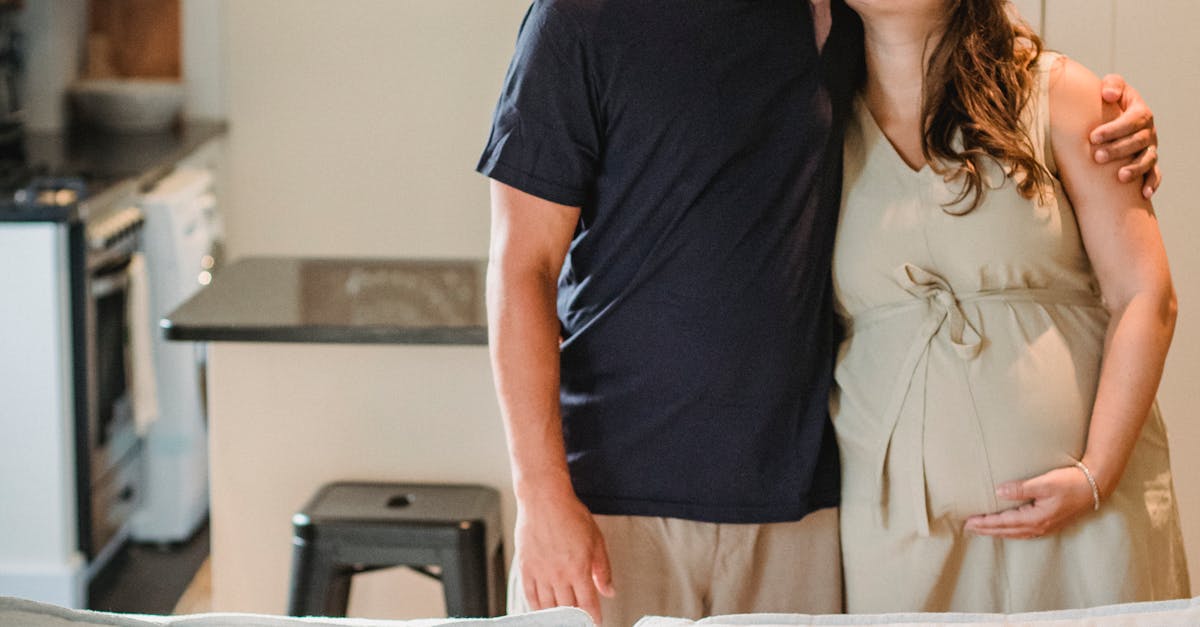Parrots and other pet birds can be delightful companions, but their unique behaviors sometimes leave owners feeling puzzled or even frustrated. If your bird is screaming excessively, plucking its feathers, or acting aggressively, you're not alone. These common behavior problems often have clear causes and solutions, and with a little understanding and patience, you can help your feathered friend thrive.
🧠 Why This Happens
Birds are highly intelligent, social creatures that rely on their instincts and environment to stay happy and healthy. When their needs aren’t fully met, they may develop problematic behaviors. Here are some common reasons why these issues arise:
- Lack of mental stimulation: Parrots and other birds are naturally curious and need plenty of enrichment to prevent boredom.
- Stress or fear: Loud noises, sudden changes in their environment, or feeling unsafe can cause your bird to act out.
- Hormonal changes: During breeding season, some birds may become more territorial or aggressive.
- Improper socialization: Birds that don’t get enough positive interaction with humans or other birds may become withdrawn or hostile.
- Health problems: Feather plucking, for example, can sometimes indicate underlying medical issues.
Understanding the root cause of your bird’s behavior is the first step in resolving the issue.
❗ How to Help
When dealing with behavior problems in birds, it’s important to approach the situation calmly and compassionately. Here are some initial steps you can take:
- Observe your bird: Pay attention to when and where the behavior occurs. Is it triggered by certain activities, people, or times of day?
- Rule out medical causes: Schedule a check-up with your veterinarian to ensure there are no health issues contributing to the problem.
- Provide consistency: Birds thrive on routine, so try to maintain a regular schedule for feeding, playtime, and sleep.
- Minimize stress: Create a calm and quiet environment for your bird, especially if it seems nervous or fearful.
Small adjustments can make a big difference, but some behaviors may require more targeted solutions.
✅ Behavioral Solutions
Each behavior problem is unique, but here are some practical solutions for the most common issues:
Feather Plucking
Feather plucking can be distressing to witness and is often caused by boredom, stress, or health issues. To help your bird:
- Offer a variety of toys, including foraging toys, to keep your bird entertained.
- Ensure your bird’s diet is nutritionally balanced, as deficiencies can contribute to feather plucking.
- Spend quality time interacting with your bird daily.
- Consult your vet to rule out skin infections, allergies, or other medical conditions.
Excessive Screaming
While vocalizing is a natural behavior, excessive screaming can become a problem. To address this:
- Avoid reinforcing the behavior by reacting to the screams. Instead, reward your bird when it is calm and quiet.
- Provide plenty of mental stimulation through toys and activities.
- Ensure your bird is getting enough sleep—most birds need 10–12 hours of uninterrupted darkness each night.
Aggression
Aggression in birds can stem from fear, territorial behavior, or hormonal changes. Here’s how to manage it:
- Respect your bird’s personal space and avoid forcing interaction.
- Use positive reinforcement to encourage desired behaviors, such as stepping onto your hand calmly.
- If hormones are the issue, consider limiting exposure to daylight to mimic shorter days, which can reduce breeding-related aggression.
Consistency and patience are key when working on behavioral issues. It may take time for your bird to adjust, but with the right approach, progress is possible.
💡 When to Get Support
Some behavior problems can be challenging to resolve on your own, especially if they’ve been ongoing for a long time. Here’s when you should seek professional help:
- Your bird’s behavior is worsening despite your efforts to improve it.
- Feather plucking has led to open wounds or significant feather loss.
- Excessive screaming or aggression is impacting your daily life or your bird’s quality of life.
- You suspect a medical issue is contributing to the behavior.
A veterinarian or avian behavior specialist can provide tailored advice and, if needed, recommend training techniques or medications to help your bird feel more comfortable and secure.
FAQs
Q: Why does my bird scream when I leave the room?
A: Birds are social animals and may scream to get your attention or express separation anxiety. Providing enrichment and gradually teaching your bird to feel comfortable alone can help.
Q: How do I stop my parrot from biting?
A: Parrots bite when they feel scared, threatened, or territorial. Focus on building trust through positive reinforcement and avoid forcing interactions that make your bird uncomfortable.
Book a $49 online vet consultation at https://www.dialavet.com for fast, expert advice.























